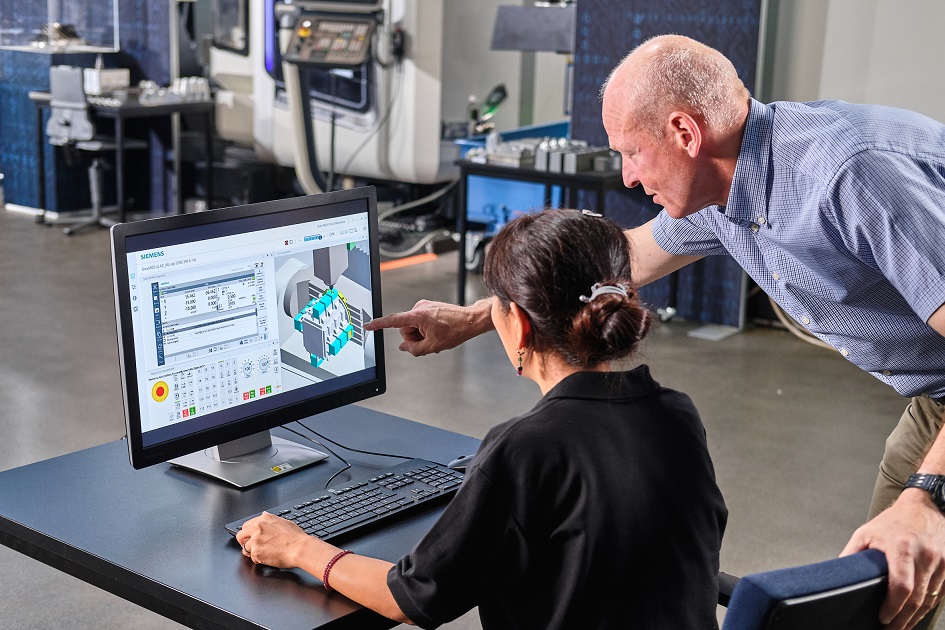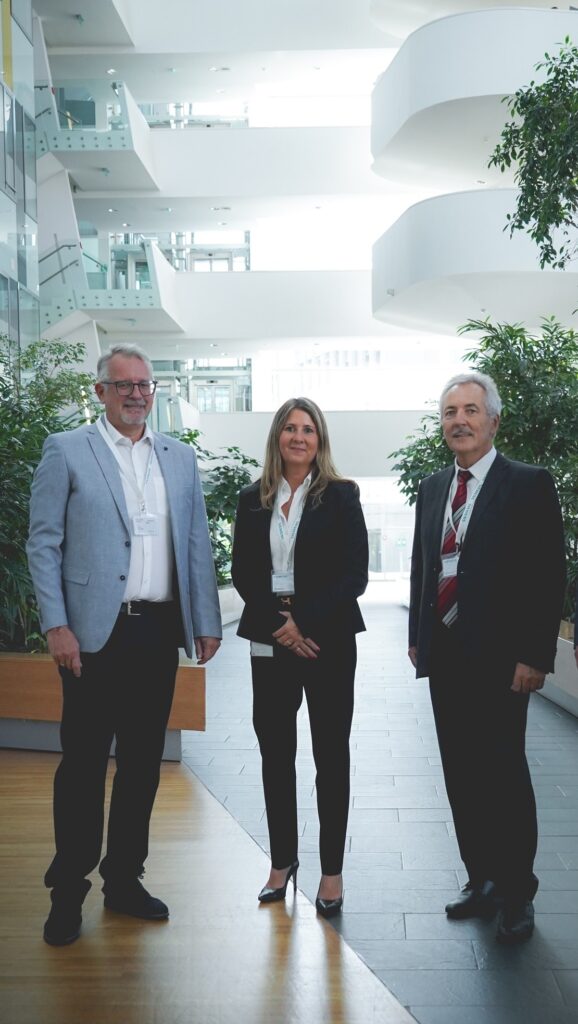State-of-the-art software for the specialists of the future
Tools for digital product development and production from Siemens are now available to all HTL students in Austria.
 © Siemens
© Siemens
Tools for digital product development and production from Siemens are now available to all HTL students in Austria.

The shortage of skilled workers is a major challenge for companies in Austria and the EU. To ensure their competitiveness, they are dependent on a well-trained workforce. Austria holds a leading position in technical professions in particular – not least thanks to the higher technical colleges (HTL). These offer high-quality training and are considered unique institutions in Europe for training future engineers. “The HTL is an international pioneer and offers prospective technicians an exceptionally high level of training,” says Wolfgang Pachatz from the Federal Ministry of Education, Science and Research (BMBWF). “With their high number of graduates, the technical colleges are of considerable importance for the technology sector,” emphasizes Pachatz. “There are studies that show that HTLs are the technical backbone of industry in Austria,” he continues.
The availability of qualified technical specialists also plays a decisive role for Siemens in supporting its customers in the digital transformation. For this reason, Siemens has launched a number of initiatives to promote cooperation with educational institutions. These activities are aimed at giving young talents the opportunity to come into contact with Siemens and get to know its products at an early stage. One example of this is support with software licenses and hardware components for technical colleges, universities of applied sciences and universities. Siemens also supports chairs and endowed professorships and collaborates in research partnerships with universities and academic start-ups as part of the global Siemens Research and Innovation Ecosystem program.
A central component of the Siemens Academic Program of the Siemens Software Division is the promotion of the training of engineers. Modern tools for digital product development and production are provided in order to optimally prepare the next generation of specialists for the requirements of the industry. “It’s our job to think ahead and ensure that graduates acquire the skills that will be in demand in the economy,” explains Pachatz. “In order to take the next steps in the digital transformation of the industry, we need to move more towards new digital methods such as simulation, augmented reality, digital twins, etc.,” says the education expert.
Thanks to a new framework agreement, HTL students will be able to work on digital twins with modern software solutions from Siemens from this school year onwards. Thanks to the central assumption of a service fee by the BMBWF, Siemens can make these licenses available to schools free of charge. ACAM Systemautomation GmbH, an official Siemens license partner for the education sector in Austria for more than 30 years, will provide technical support. Johann Mathais, Managing Director of ACAM, emphasizes the importance of cooperation: “Well-trained specialists who are familiar with the latest methods and tools are essential for companies to be successful on the global markets.”
The Siemens software package includes leading solutions for digitizing all phases of product development, simulation and manufacturing. It includes the NXEngineering platform for design, simulation and manufacturing, Solid Edge with functions for generative and printed circuit board (PCB) design as well as the simulation tools Simcenter Amesim and Simcenter 3D. Further components are the PLM solution Teamcenter, the production planning software Tecnomatix and membership in the online learning platform Siemens Xcelerator Academy. These modules are seamlessly integrated and enable end-to-end data processing as well as connection to cloud solutions, which ensures future-oriented training.
 © Siemens
© SiemensWolfgang Pachatz from the Federal Ministry of Education, Science and Research, Ute Burggraf from the Siemens Academic Team and Johann Mathais, ACAM (from left).
Close cooperation between educational institutions, the BMBWF and companies such as Siemens is driving forward the digital transformation in education. “The provision of modern software solutions ensures that students work with future-oriented technologies during their training and are optimally prepared for the requirements of the job market. This ensures the long-term competitiveness of the industry,” says Ute Burggraf from the Siemens Academic team.
In addition to hi!tech digital, the magazine is also available as a printed edition twice a year.